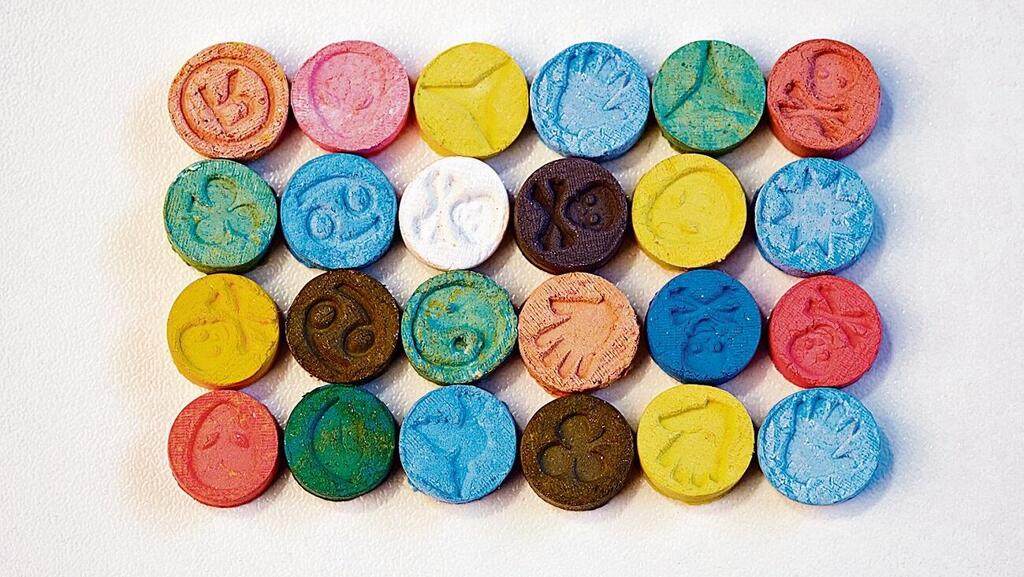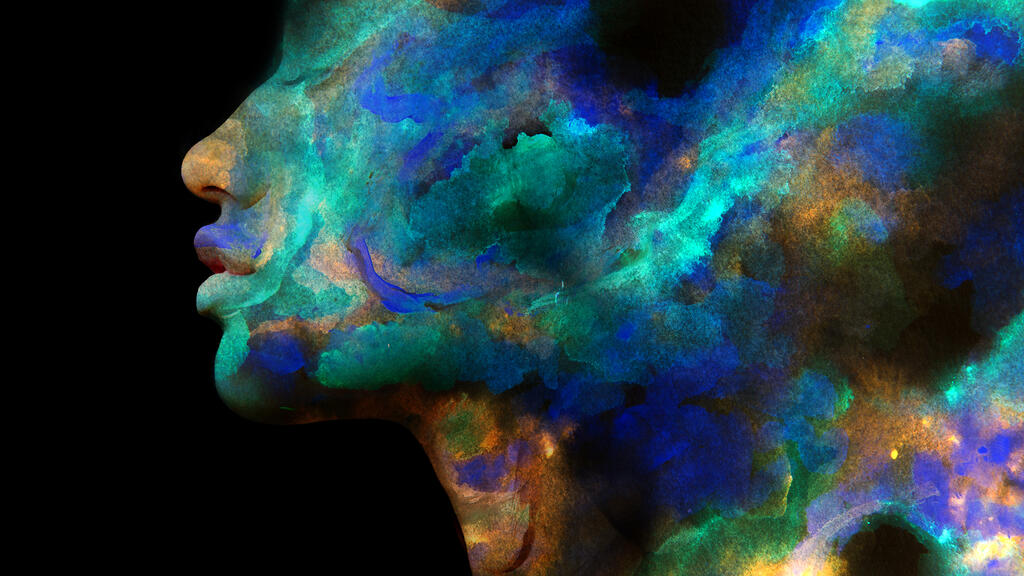In the last decade, psychedelic drugs have garnered increasing interest in medical research for their potential therapeutic applications. Compounds like psilocybin, LSD, and MDMA have demonstrated promising results in treating various mental health conditions, including depression, anxiety, PTSD and addictions.
The growing market of psychedelic medicines
Studies suggest that these substances can facilitate transformational experiences (“trips”), which may help patients confront and resolve deep-seated psychological issues, with the help of psychotherapy. The common assumption is that psychedelics’ therapeutic potential is due to their unique ability to promote neuroplasticity, potentially offering long-lasting benefits.
While more research is needed to fully understand their mechanisms of action and ensure safe and effective clinical use, psychedelics represent a promising frontier in modern medicine for addressing mental health issues and improving well-being.
The psychedelic medicine market is a rapidly evolving sector, fueled by growing scientific interest and shifting societal attitudes toward psychedelics. This market encompasses pharmaceutical companies, research institutions, clinics, and investors. In Israel, there are several non-profit organizations and research institutes that belong to this sector, and a few leading biotech companies including Madrigal, PsyRx, and Clearmind Medicine.
Miraculous molecules
Unlike traditional psychiatric medications, which often merely suppress symptoms, psychedelics have shown the capacity to address underlying psychological issues by facilitating transformative experiences. These substances can catalyze introspection, promote emotional processing, and foster a sense of interconnectedness with oneself, others and the universe.
Non-hallucinogenic psychedelic compounds - that alter one’s state of consciousness without inducing hallucinations - are considered a promising type of safer psychedelics. Non-hallucinogenic psychedelics could potentially be prescribed for outpatient use, making the treatments more accessible and affordable compared to classical psychedelics that require clinical supervision.
Safety considerations
The most common adverse effects of psychedelic administration under clinical supervision are limited to the time of administration, such as increased anxiety, fear, heart rate and blood pressure. Proper medical supervision can mitigate these risks. Another safety issue is Hallucinogen Persisting Perception Disorder (HPPD), or "flashbacks," though this is relatively uncommon and more associated with uncontrolled recreational use.
Generally speaking, psychedelics have demonstrated significant safety profiles when administered in clinical settings under the guidance of trained professionals and protocols. Studies have consistently shown low rates of addiction and toxicity, challenging misconceptions surrounding their risks. This safety, combined with their potential for profound therapeutic effects, positions psychedelics as a promising avenue for addressing the global mental health crisis.
Despite regulatory challenges and ongoing stigma, the psychedelic medicine market and companies continue to attract significant investment and attention, with the potential to revolutionize mental health care in the years to come.
Adi Zulof Shani is the CEO of Clearmind Medicine



